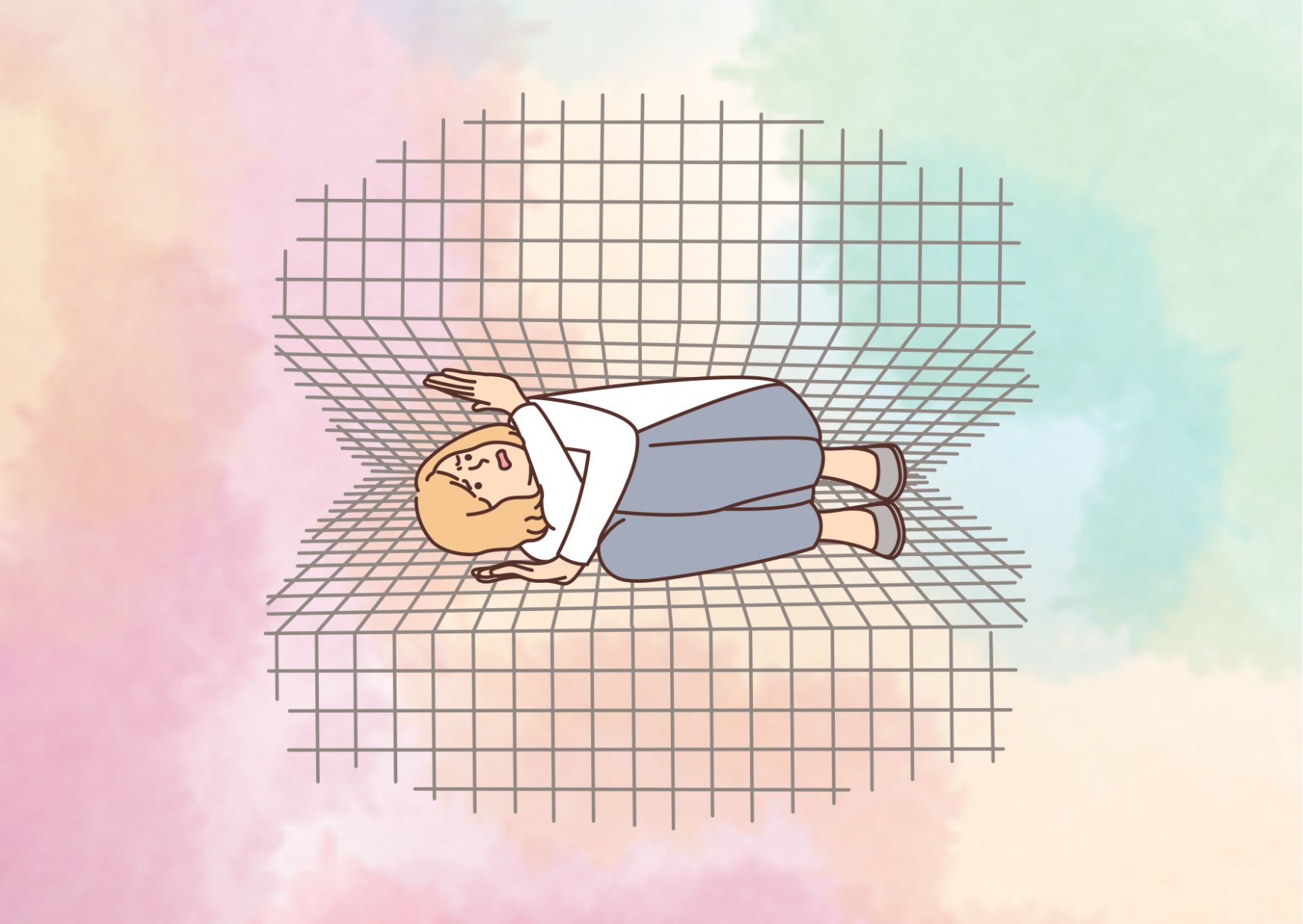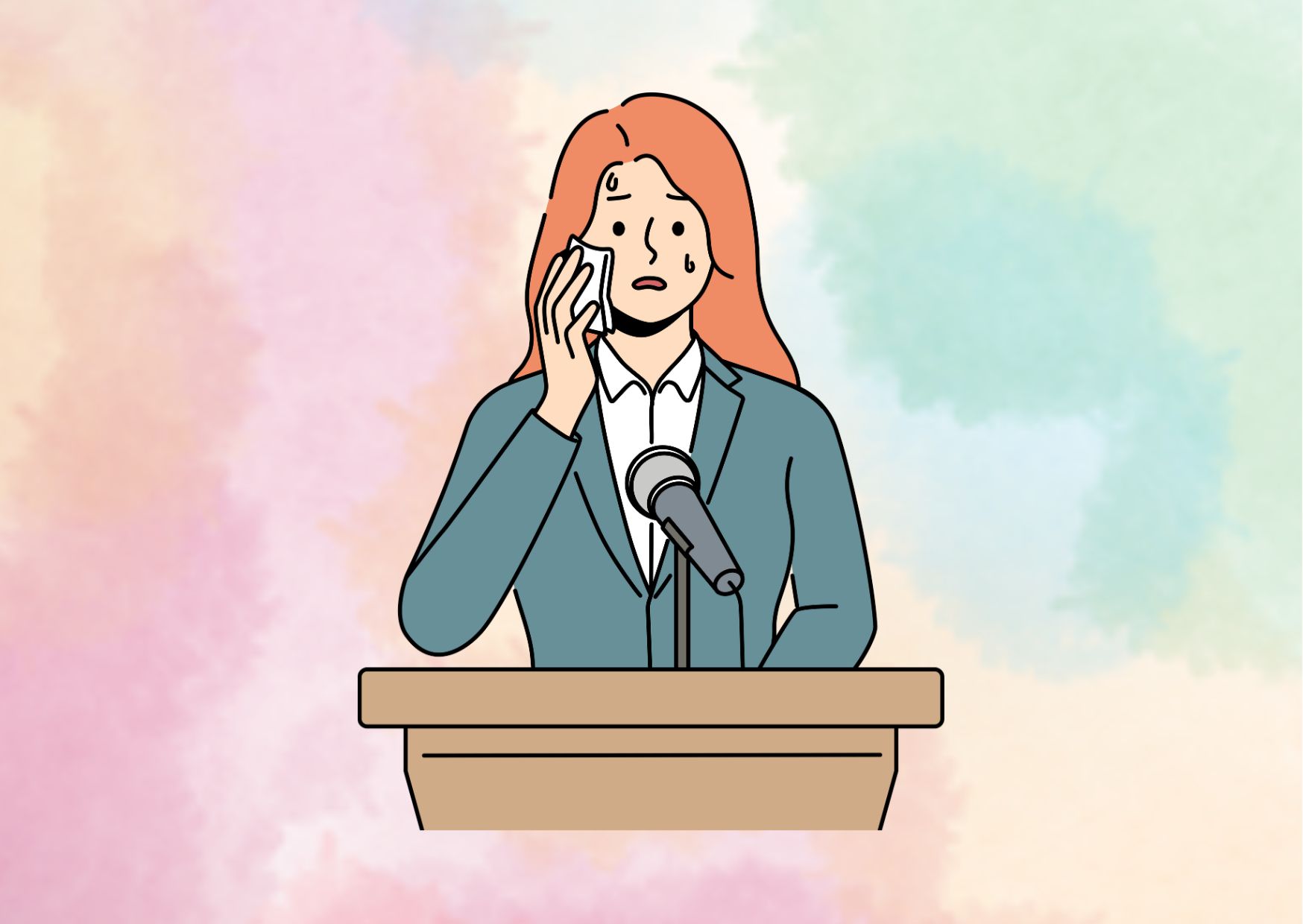Most Common Phobias: Understanding and Addressing Your Fears
Phobias are intense and irrational fears that can significantly impact an individual’s quality of life. While it’s normal to experience some level of fear, phobias go beyond the typical response and can cause severe distress and avoidance behavior. In this comprehensive guide, we will explore the most common phobias, their causes, symptoms, and available treatment options. We will also provide tips on how to limit the impact of phobias and resources for seeking help.
Table of Contents
- Understanding Phobias
- What Are Phobias?
- Types of Phobias
- Causes of Phobias
- Symptoms of Phobias
2. Most Common Phobias
- Social Phobia
- Agoraphobia
- Specific Phobias
- Claustrophobia
- Acrophobia
3. Impact of Phobias on Daily Life
- Relationships and Social Life
- Occupational and Educational Challenges
- Physical and Emotional Health
4. Treatment Options for Phobias
- Cognitive-Behavioral Therapy (CBT)
- Exposure Therapy
- Medication
- Online Counseling and Therapy
5. Tips for Managing Phobias
- Deep Breathing and Relaxation Techniques
- Gradual Exposure to Fears
- Seeking Support from Loved Ones
- Self-Care and Stress Management
6. Seeking Professional Help: Online Counseling and Therapy
- Benefits of Online Counseling
- How Online Therapy Works
- Finding the Right Online Therapist
7. Overcoming Specific Phobias: Case Studies
- Jane’s Journey to Conquer Her Fear of Flying
- Mark’s Triumph Over Arachnophobia
- Sarah’s Success in Overcoming Public Speaking Anxiety
8. Resources for Phobia Support and Education
- Books and Publications
- Online Support Groups and Forums
- Mental Health Organizations
9. Conclusion: Taking the First Step Towards Addressing Your Phobias
1. Understanding Phobias
What Are Phobias?
Phobias are characterized by an excessive and irrational fear of specific objects, situations, or activities. When faced with their phobic triggers, individuals may experience intense anxiety symptoms such as rapid heartbeat, sweating, trembling, and difficulty breathing. Phobias differ from normal fears in their intensity and the degree of disruption they cause in daily life.
Types of Phobias
Phobias can be classified into three main categories: social phobia, agoraphobia, and specific phobias. Social phobia involves a fear of social situations and a persistent worry about being judged or embarrassed. Agoraphobia is the fear of being in situations where escape may be difficult or embarrassing. Specific phobias are fears of specific objects, activities, or situations that can range from animals and natural environments to medical procedures and certain situations like flying or heights.
Causes of Phobias
The exact causes of phobias are not fully understood, but research suggests a combination of genetic, environmental, and psychological factors. Phobias can develop through direct or indirect experiences, such as witnessing or hearing about a traumatic event. Some individuals may also have a predisposition to developing phobias due to their genetic makeup or temperament.
Symptoms of Phobias
The symptoms of phobias can vary depending on the individual and the specific phobia. Common symptoms include an intense fear or anxiety when exposed to the phobic trigger, avoidance of the trigger or situations associated with it, and significant distress or impairment in daily life. Physical symptoms such as rapid heartbeat, sweating, trembling, and shortness of breath may also accompany the fear response.
2. Most Common Phobias
Social Phobia
Social phobia, also known as social anxiety disorder, is characterized by an intense fear of social situations. Individuals with social phobia may fear being judged, humiliated, or embarrassed in social settings. This fear can lead to avoidance of social interactions, which can significantly impact relationships, work, and educational opportunities.
Agoraphobia
Agoraphobia is the fear of situations where escape may be difficult or embarrassing. People with agoraphobia often avoid crowded places, public transportation, or situations where they feel trapped or unable to leave. This fear can restrict their ability to engage in daily activities and can lead to feelings of isolation.

